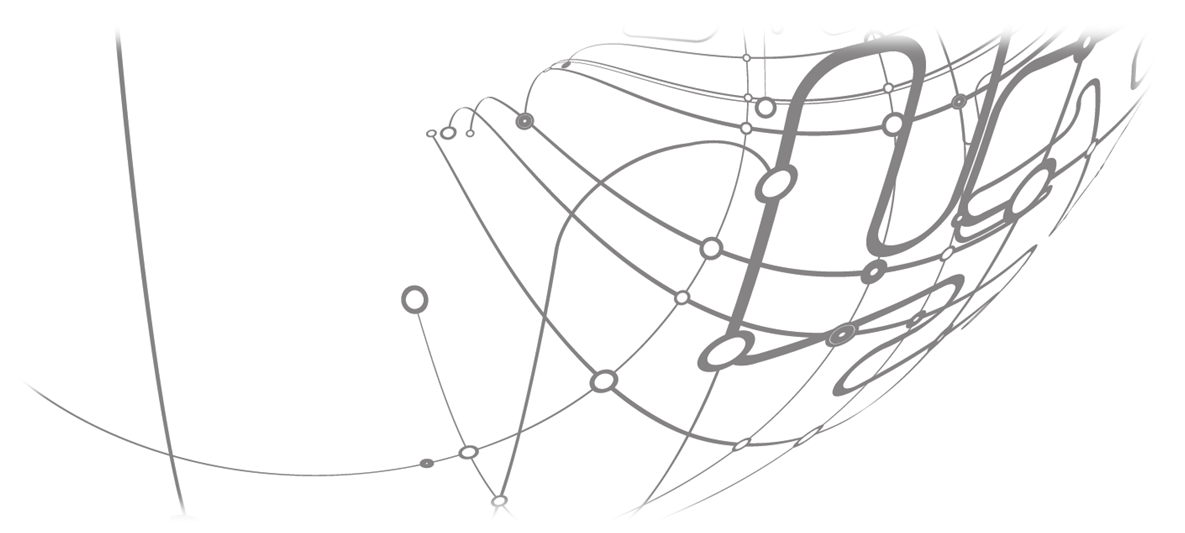How Cloud-based Universal Distributed Storage helps CERN
Tuesday, 19 July, 2016
CERN is the world’s largest particle physics research organization, boasting over half of the scientists in the international particle physics community as its users.
It is the cradle of numerous scientifi breakthroughs since it was officially founded in 1954, such as the world’s fist proton-proton collider in 1971, discoveries of weak neutral currents in 1973, and the W and Z particles in 1983, to name just a few. On July 4th, 2012, the laboratory declared that two Large Hadron Collider (LHC) general-purpose experiments, ATLAS and CMS, had evidenced the presence of a new subatomic particle with a mass of roughly 125-126 gigaelectronvolts (GeV) and the expected profie of the long-sought Higgs boson, which is thought to give mass to all matter. A discovery that led Stephen Hawking, the preeminent physicist being out a hundred dollars, as the iconic author of A Brief History of Time had previously doubted the existence of the Higgs Boson.
Phase:
Technical area:


